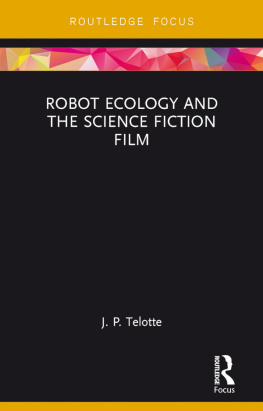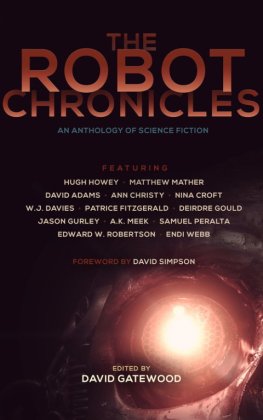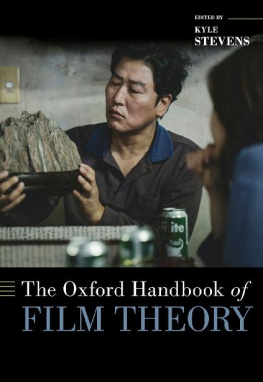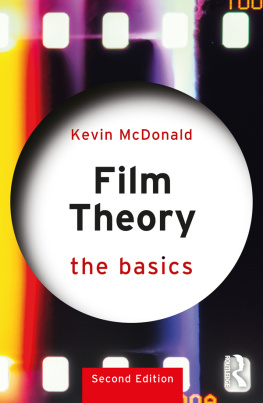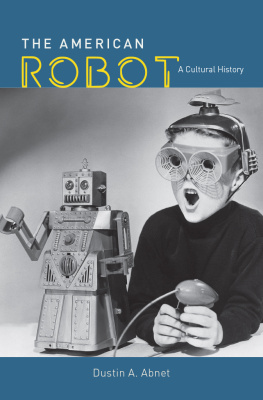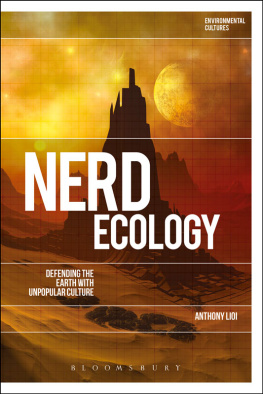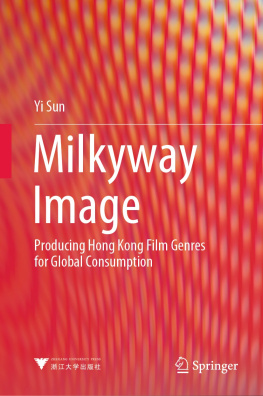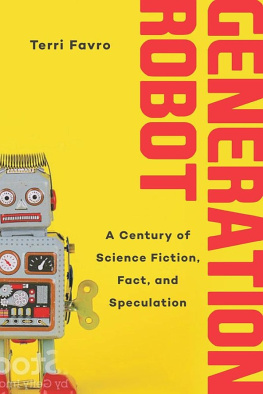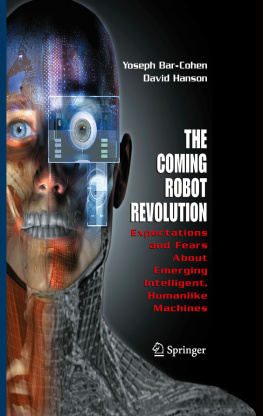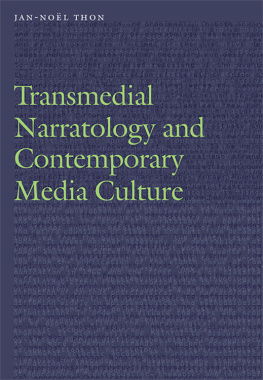Robot Ecology and the Science Fiction Film
This book examines what is arguably the most important science fiction meme, that of the robot, considering its centrality to science fiction (sf) film and the sf imagination from an ecological perspective that privileges the larger media environment of the robot. It focuses on three key characteristics usually considered in such ecological approaches: a memes longevity or persistence over time, its fidelity or degree of similarity across various texts, and its fecundity or ability to inspire other developments. These three categories are then linked to a larger robot ecology: the figures function across different film genres, across different media, and in different areas of popular culture. This approach points toward a key question generated by the persistence of the robot in our media: the extent to which the human, constructed by various genetic, environmental, and cultural forces, has in the postmodern context increasingly come to seem as also a kind of technological fantasy, as another part of a thoroughly technological world. It is a question that is near the core of cinema as well, and one reason that film, science fiction, and their robotic progeny have all proven so important and fascinating to modern audiences.
J. P. Telotte is a professor of film and media at Georgia Tech. Co-editor of the journal Post Script, he has published widely on film and television with a special emphasis on science fiction. Among his recent publications are The Essential Science Fiction Television Reader, Science Fiction Double Feature, and Science Fiction TV.
Routledge Focus on Film Studies
1Robot Ecology and the Science Fiction Film
J. P. Telotte
Robot Ecology and the Science Fiction Film
J. P. Telotte

First published 2016
by Routledge
711 Third Avenue, New York, NY 10017
and by Routledge
2 Park Square, Milton Park, Abingdon, Oxon OX14 4RN
Routledge is an imprint of the Taylor & Francis Group, an informa business
2016 Taylor & Francis
The right of J. P. Telotte to be identified as author of this work has been asserted by him in accordance with sections 77 and 78 of the Copyright, Designs and Patents Act 1988.
All rights reserved. No part of this book may be reprinted or reproduced or utilised in any form or by any electronic, mechanical, or other means, now known or hereafter invented, including photocopying and recording, or in any information storage or retrieval system, without permission in writing from the publishers.
Trademark notice : Product or corporate names may be trademarks or registered trademarks, and are used only for identification and explanation without intent to infringe.
Library of Congress Cataloging-in-Publication Data
Names: Telotte, J. P., 1949
Title: Robot ecology and the science fiction film / by J. P. Telotte.
Description: New York & London : Routledge, 2016. | Series: Routledge focus on film studies | Includes bibliographical references and index.
Identifiers: LCCN 2015042831 | ISBN 9781138649583 (hardback : alk. paper)
Subjects: LCSH: Science fiction filmsHistory and criticism. | Robots in motion pictures.
Classification: LCC PN1995.9.S26 T465 2016 | DDC 791.43/615dc23
LC record available at http://lccn.loc.gov/2015042831
ISBN: 978-1-138-64958-3 (hbk)
ISBN: 978-1-315-62577-5 (ebk)
Typeset in Times New Roman
by Apex CoVantage, LLC
Contents
Despite the slightness of this volume, many people have contributed significantly to its development and publication. Let me especially thank Sean Redmond and Leon Marvell whose collection Endangering Science Fiction Film gave me the impetus to re-examine the robot figure, and whose comments on my contribution to that collection influenced my work. Veronica Hollinger and the other editors at Science Fiction Studies contributed substantially to the development of , an early and shorter version of which appeared in that revered journal. At my home institution of Georgia Tech I benefitted from conversations with and support from a number of valued colleagues, among them John E. Browning, Angela Dalle Vacche, Carol Senf, Richard Utz, and Lisa Yaszek, while my Dean, Jacqueline Royster of the Ivan Allen College of Liberal Arts, provided critical support with a grant that allowed me to finish this volume in a timely manner. Finally, I want to thank the editorial team at Routledge for their encouragement of a book that I assumed would be very difficult to place, and also for theiras everefficient and professional work in pushing this work to completion and publication. In this group let me especially single out Simon Jacobs, Felisa Salvago-Keyes, Allie Simmons, Sarah Thomas, and Sheri Sipka, all of whom made my working with Routledge, once again, a great pleasure.
Film and science fiction (sf) have a long-standing, practically historical, and certainly telling connection. From the earliest days of film, and long before the genre even acquired its proper name, filmmakers were creating sf-like texts: accounts of marvelous journeys such as Georges Melies A Trip to the Moon (1902) and The Impossible Voyage (1904), futuristic visions like The Last Man on Earth (1924), and astounding inventions like those depicted in J. Stuart Blacktons robot short, The Mechanical Statue and the Ingenious Servant (1907), and Mack Sennetts The Inventors Secret (1911). Of course, many of these early titles simply remind us of the prior development of the sf imagination within the framework of a distinctly science and technologyinflected literature, illustrated most prominently by the work of Mary Shelley, Jules Verne, H. G. Wells, and even Edgar Allan Poe. But that kinship also owes much to the very nature of film. As an art form made possible by scientific and technological advancesthat is, as a scientifically driven fictionit initially developed in the context of what historian Tom Gunning has termed a cinema of attractions (63), that is, as texts built aroundand thus reflectingthe amazing technical ability for image reproduction and fantastic illusion that was the early cinemas stock-in-trade. In the developing genre of sf, film simply found both a natural ally and a rich resource that it could readily mine for such attractions.
Our efforts to study that sf cinema, however, have often tripped over what, in the years since the genres development, has become an increasingly knotty relationshipof film, sf literature, sf in popular culture, and more broadly, the sf imagination. Such efforts have especially been complicated by our disciplinary vantages, because those interested in and knowledgeable about sf in its literary and cultural artifact versions often have little or only passing concern with the cinema, whereas those invested and trained in cinema or television studies often pay little attention to the literature, theory, and the broader culture surrounding sf, save perhaps in instances when that material intersects with the large field of genre studies. Some of this disjunction is understandable, because the work of visual sf tends to be very different from the work of, for example, sf literature, whereas the broader interests of sf, or what I shall keep referring to here as the sf imagination, usually seem to bulk beyond the historical and theoretical concerns of film studies. In fact, even something as fundamentaland certainly a potential meeting groundas one of sfs often-acknowledged core appealsits ability to provide audiences with what Michele Pierson and others have termed an aesthetic experience of wonder (168)seems to operate quite differently as we move across media or shift focus to different elements of popular culture.

